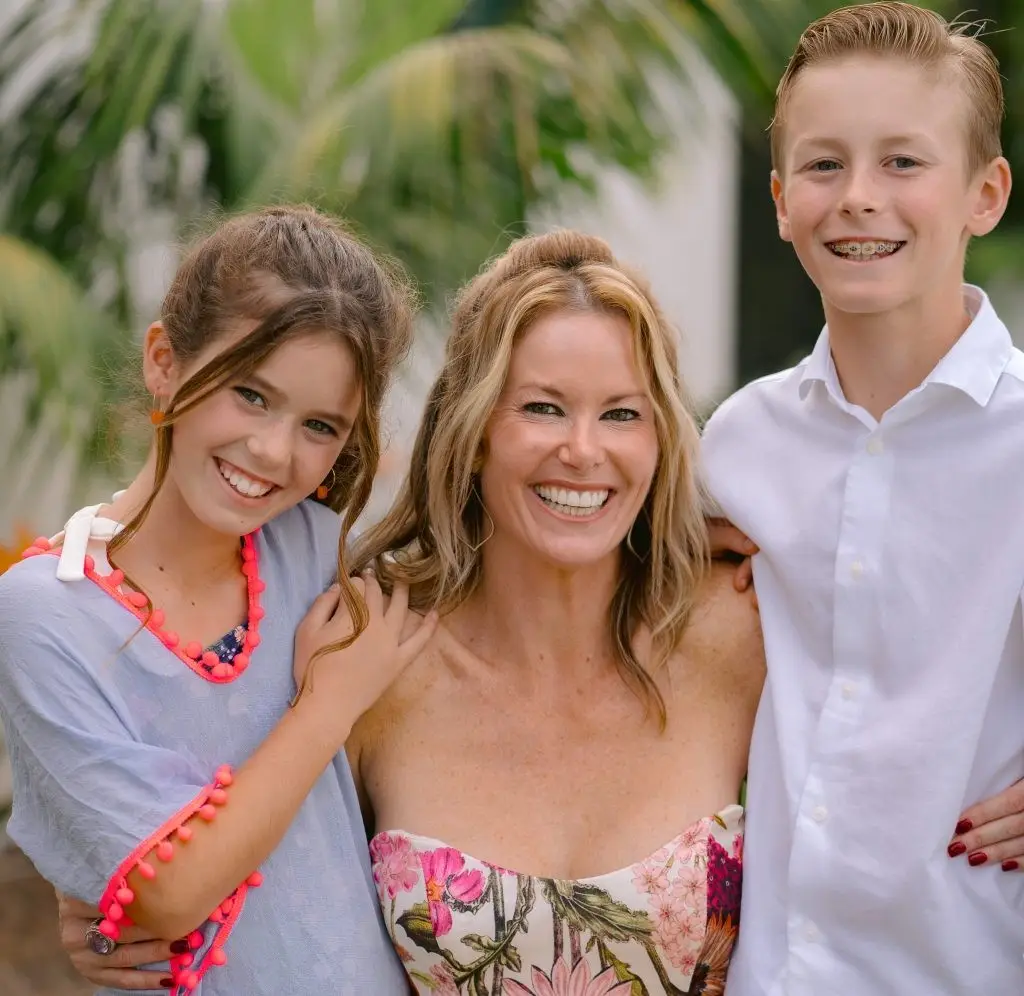Receiving a diagnosis of pancreatic cancer is a devastating experience for both the patient and their loved ones. A pancreatic cancer diagnosis is life-changing, which may cause patients to feel grief over the loss of their normal routine, or days when they were in better health.
It’s important to provide emotional and physical support to help your loved one, especially through this difficult time. Here are some ways you can support a loved one diagnosed with pancreatic cancer:
- Talk openly with your support system – Supporting a loved one with pancreatic cancer involves being present. It’s important to have someone to talk to and provide a shoulder to cry on when they need it. Let them know that you are there for them and that they are not alone, whether that’s friends, family members, a support group, or a therapist.
- Let your support system help – Pancreatic cancer can make daily tasks challenging. It’s important to remember that everyone needs help sometimes. Let your support system know specifically what kind of help you need. This can help them rest and focus on their treatment.
- Connect with others who have “been there” – Remember that everyone’s experience with pancreatic cancer is unique, but connecting with others can help you feel less alone and more empowered to cope with the challenges ahead. Joining support groups, online communities, local events and counseling are some ways to connect with others affected by pancreatic cancer.
- Learn about pancreatic cancer to feel more in control – Learning about pancreatic cancer can help patients and their loved ones feel more in control and better prepared to cope with the challenges of the disease. Don’t be afraid to ask questions about your diagnosis, treatment options, or any concerns you may have. Here are some good questions to ask:
- What treatment(s) do you recommend? Why?
- Are there any clinical trials available to me locally?
- Do you provide molecular profiling to help determine additional treatment options?
- Do you provide genetic testing to help determine treatment options?
- What are the potential benefits and risks of each of my treatment options?
- What blood tests, scans or other tests will I need during my treatment? How often?
- What are the possible side effects of my treatment options? How likely are they to occur and can they be managed?
- How can I expect to feel during the treatment?
- Try to maintain your normal routine – Maintaining a normal routine can be beneficial for both patients and their loved ones when coping with pancreatic cancer. Make time for activities that help you relax and reduce stress, such as exercise, meditation, or spending time in nature.
- Express or release your feelings – Expressing or releasing your feelings is an important aspect of coping with pancreatic cancer. It can be a helpful way to release tension and reduce stress.
Help us put an end to Pancreatic Cancer.
At TrovaNOW — as a non-profit raising funds for the PRECEDE Consortium – a group of worldwide expert clinicians, researchers, patients, biopharmaceutical and technology companies, we are dedicated to detecting pancreatic cancer at its earliest, most treatable stage.
The Pancreatic Cancer Early Detection (PRECEDE) Consortium was featured in Let’s Win, discussing our goal of increasing the five-year survival rate to 50 percent within the next 10 years.
Working with a multi-institutional collaborative group of experts, our specific goals are:
- To maximize the identification of high-risk individuals and to advance early detection research and clinical care.
- To develop and validate an early detection blood or other test for pancreatic cancer.
- To understand pancreatic cancer risk, including discovering pancreatic cancer susceptibility genes.
- To formulate and execute a strategic plan for pancreatic cancer prevention.
Be a hero by donating today to pancreatic cancer research, which enables the investigation of new directions for treatment options.
Research and innovation are critical for creating breakthroughs that will improve the lives of pancreatic cancer patients.
Visit www.trovanow.com to learn how you can get involved and donate today.





